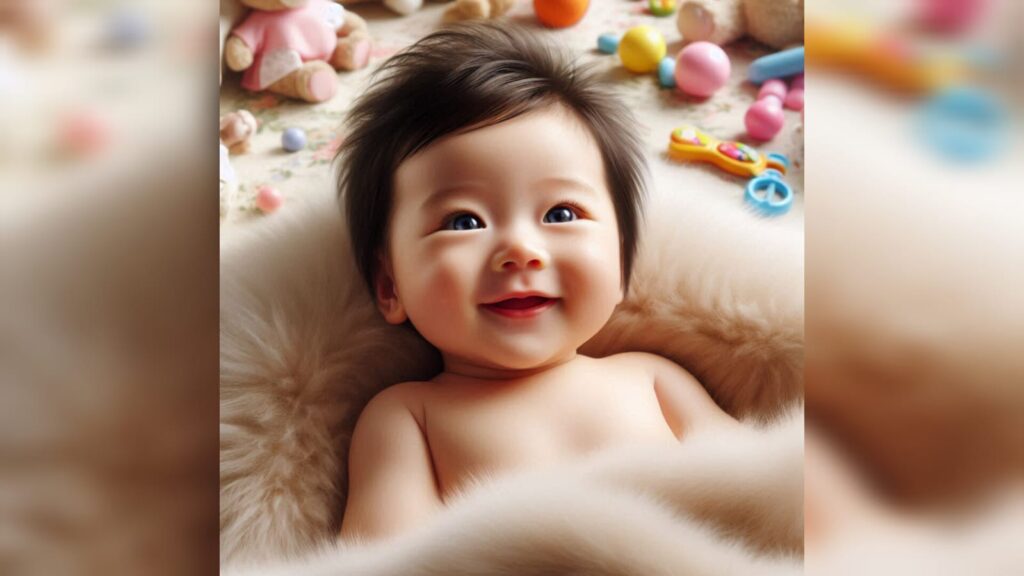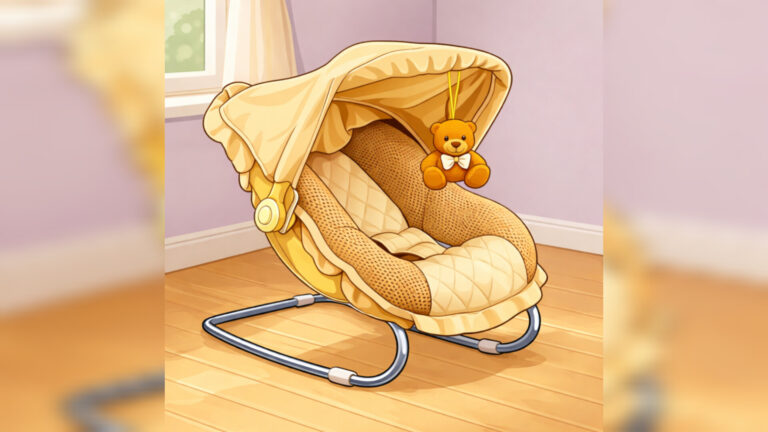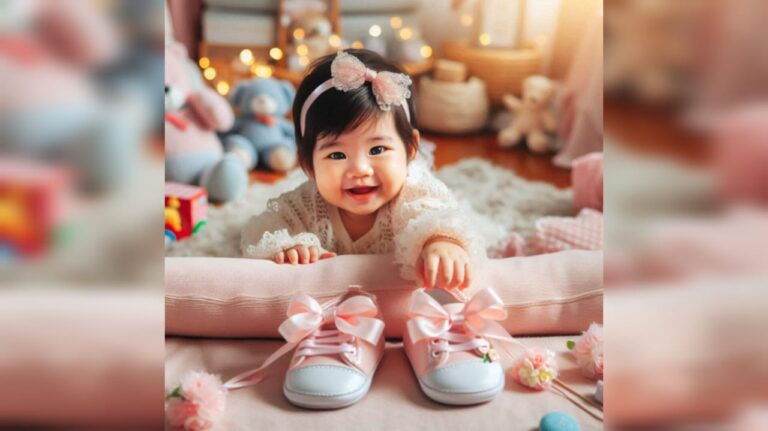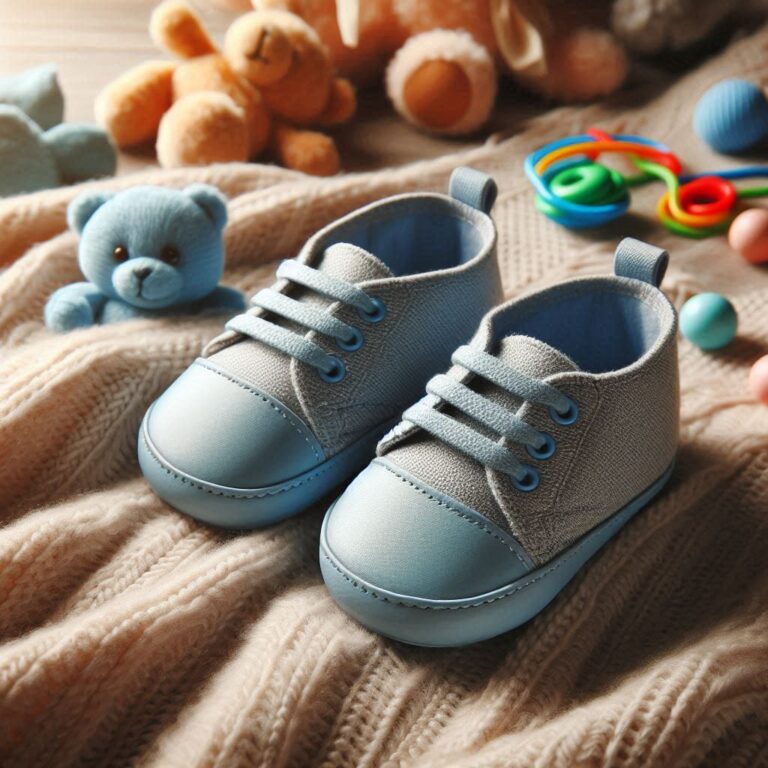Caring for a baby’s hair is an essential aspect of overall infant hygiene. Baby hair is delicate, and its care requires special attention compared to adult hair. A proper hair care routine helps maintain a clean and healthy scalp, promotes hair growth, and prevents common issues like dryness, cradle cap, and tangles.
Unlike adult hair, a newborn’s hair is much finer and prone to falling out in the first few months due to hormonal changes. This is a natural process, and new hair usually grows back by the time the baby turns one year old. Understanding how to nurture your baby’s hair from the start ensures a healthy foundation for strong and beautiful hair as they grow.

Understanding Baby Hair Growth
Stages of Baby Hair Growth
A baby’s hair growth follows a specific cycle that consists of three primary stages:
Anagen Phase (Growth Phase): This is when active hair growth occurs. Babies are born with fine, soft hair called lanugo, which they shed within a few weeks after birth.
Catagen Phase (Transitional Phase): During this phase, hair stops growing and prepares for shedding.
Telogen Phase (Resting Phase): The old hair falls out, making way for new growth. Many babies experience temporary hair loss during this stage.
Best Practices for Baby Hair Care
1. Choosing the Right Baby Shampoo
Using a mild, tear-free, and sulfate-free shampoo is crucial for a baby’s sensitive scalp. Harsh shampoos can strip away natural oils, leading to dryness and irritation. Look for shampoos enriched with natural ingredients such as aloe Vera, chamomile, or coconut oil, which provide nourishment and moisture.
2. Proper Hair Washing Technique
To ensure a gentle wash:
- Wet the baby’s hair with lukewarm water.
- Apply a small amount of baby shampoo and gently massage the scalp.
- Rinse thoroughly with clean, lukewarm water to avoid product buildup.
- Pat dry using a soft towel-avoid rubbing as this can cause hair breakage.
3. Moisturizing Baby’s Hair
Keeping your baby’s hair hydrated is essential, especially if they have curly or dry hair. Natural oils such as coconut oil, olive oil, or almond oil can help retain moisture. Apply a small amount to the scalp and hair strands, ensuring it is absorbed properly.
4. Detangling Without Damage
Baby hair is prone to tangling, particularly curly or textured hair. To prevent knots and breakage:
- Use a wide-tooth comb or soft baby brush.
- Detangle when hair is slightly damp.
- Apply a lightweight baby-friendly detangler spray or leave-in conditioner.
5. Scalp Care and Cradle Cap Prevention
Cradle cap is a common condition in newborns that causes flaky, scaly patches on the scalp. To manage and prevent it:
- Gently massage the scalp with a soft-bristled brush before washing.
- Use a few drops of coconut oil or mineral oil to loosen flakes before shampooing.
- Rinse thoroughly to prevent buildup.
6. Styling Baby’s Hair Safely
- Avoid tight hairstyles such as ponytails or braids that can cause hair tension and breakage.
- Opt for soft hair ties or satin headbands to minimize friction.
- If using hair accessories, ensure they are soft, lightweight, and free of sharp edges.
Common Hair Concerns in Babies
Hair Loss in Babies
- Postnatal hair shedding is normal and usually regrows within a few months.
- Frequent friction, such as rubbing against a crib or car seat, can cause temporary bald spots.
- A balanced nutrient-rich diet, including vitamin D and biotin, promotes healthy hair growth.
Dry and Frizzy Hair
- Use a gentle, hydrating baby conditioner once a week.
- Apply a pea-sized amount of natural oil for extra softness.
- Avoid excessive washing, which strips the hair of natural oils.
Thin and Slow Hair Growth
- Baby hair growth varies from child to child; patience is key.
- Provide scalp massages to improve blood circulation.
- Ensure a healthy diet rich in iron, omega-3s, and proteins.
Best Natural Oils for Baby Hair Care
1. Coconut Oil
- Moisturizes and strengthens hair.
- Contains antimicrobial properties that protect the scalp.
2. Almond Oil
- Rich in vitamins A, B, and E, which nourish the scalp.
- Lightweight and non-greasy, making it ideal for daily use.
3. Olive Oil
- Deeply conditions and softens baby hair.
- Helps reduce cradle cap when massaged onto the scalp.
4. Jojoba Oil
- Mimics the scalp’s natural sebum.
- Adds shine and prevents dryness.
Conclusion
Proper baby hair care involves using gentle, natural products, avoiding harsh chemicals, and maintaining a healthy scalp routine. By following these simple tips, parents can ensure their baby’s hair remains soft, healthy, and tangle-free.



